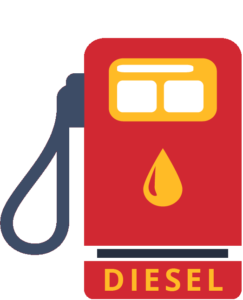The National Motor Freight Traffic Association’s Digital LTL Council is reporting progress on a new standard for electronic bills of lading (eBOL), as a July implementation date approaches.
Work began on the standard in 2019, and last year the council asked carriers and 3PLs to sign pledges they would adopt the standard by July 20, 2023.
“The companies who have led the way on this are already seeing a return on the investment,” Digital LTL Council executive director Paul Dugent said in an update. “This confirms what we have understood all along – that the eBOL standard is essential for the LTL industry in terms of efficiency, accuracy, and overall operational excellence.”

Standardizing the eBOL process is meant to help obtain PRO numbers, identify and communicate what is shipped, detail the number of pallets involved in a shipment and which articles are on the pallets, clarify packaging types, and ensure the right equipment is being used to pick up the shipments.
Carriers already implementing the standard include Old Dominion Freight Line, Dayton Freight Lines, Estes Express Lines, Southeastern Freight Lines, R+L Carriers, Roadrunner Transportation, and Pitt Ohio. Averitt Express, Peninsula Truck Lines, and Dependable Supply Chain Services are also said to be close to implementation.
Collectively, they account for 15% of carrier revenue in the LTL space, the council says.
Reducing costs, increasing performance
“Because of our scale and our relationships with nearly every LTL carrier in the industry, for us to work on initiatives to reduce costs, phone calls, and administration is extremely impactful,” CH Robinson vice-president – LTL Greg West said.
“We prioritized this because we saw the opportunity to eliminate unnecessary work and achieve real performance gains. This is an important enhancement in our digital connectivity with LTL carriers.”
The Digital LTL Council is also studying plans to define the APIs needed to digitize LTL shipment data “from creation to cash”.





